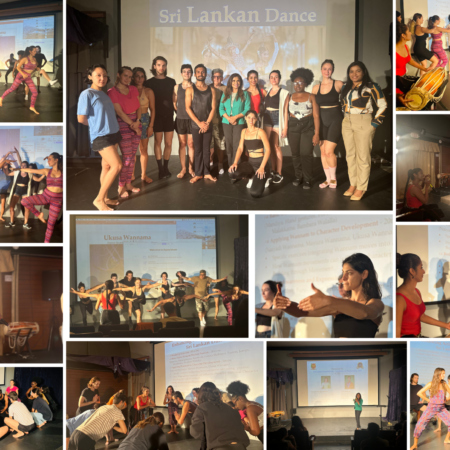By Chris Greenwood Crime Correspondent For The Daily Mail
Scores of suspected war criminals seeking to live in Britain escaped deportation thanks to a series of blunders. Officials failed to throw out 135 individuals accused of appalling crimes in the some of the world’s poorest countries despite blocking their bids for citizenship.
And the suspects escaped police investigation after officials also failed to refer any of them to Scotland Yard’s specialist war crimes unit. Campaigners slammed the Government as they warned the country risks becoming a ‘safe haven’ for war criminals.
They said it was ‘hard to understand’ how officials could block attempts to remain in the country but not try to deport them or refer their cases to police. Last night, the Home Office said it has closed the apparent loophole in its procedures so that suspected war criminals will face further investigation.
A spokesman said police will be informed about ‘every case where a negative immigration decision’ is taken due allegations of war crimes, genocide or torture. The figures highlight concerns that war criminals from around the world are turning to Britain as their ‘retirement home’.
Hundreds of people involved in bloody conflicts in Rwanda, Afghanistan, Libya, Serbia and Sri Lanka, have been able to settle here. In many cases human rights laws have meant that the worse their crimes, the more difficult it is to send them home.
After confessing what they have done, war criminals claim they face inevitable death or torture if they were to be returned home. Figures revealed under Freedom of Information laws showed 40 applications for citizenship were refused last year due to fears that the individuals were involved in war crimes. A further 50 applications were refused in 2014 and 45 in 2013.
The Home Office refused to disclose which countries the applicants were originally from. But officials confirmed none of the cases were referred to the Met, which deals with war crimes investigations as part of its counter terrorism unit.
They also confirmed none of the cases were referred to colleagues for potential deportation from our shores. The figures raise questions about how the applicants were able to enter the country in the first place as citizenship bids can only be made after they have been resident for five years.
Allan Hogarth, of Amnesty International, branded the figures as ‘extremely worrying’. ‘On the face of it, it’s hard to understand how all these individuals could have raised such serious concerns during a citizenship process yet apparently nothing at all be done over potentially putting these people on trial,’ he said.
‘If there are reasonable grounds to suspect that a person here has been involved in acts of torture, war crimes or even genocide in a foreign country then surely the Home Office must be alerting the police and prosecution authorities who have a duty to act.
‘We absolutely mustn’t let Britain become some kind of bolthole for war criminals. Officials need to explain what’s happened here and what their policy is on referring such cases for further investigation and potential prosecution.’
Kevin Laue, of Redress, which campaigns for justice on behalf of torture victims, called on police to investigate all cases where suspicions of war crimes exist.
He said: ‘People refused citizenship because they are suspected of war crimes, crimes against humanity, genocide or torture should always be investigated by the Met so that they can be prosecuted here, if there is sufficient evidence to do so.
‘These are the most serious crimes imaginable and the police should have sufficient resources to investigate all suspects properly, which they cannot do if the Home Office doesn’t refer them to the Met. ‘The Government has said the UK should not be a safe haven, but it appears to be just that.’
Campaigners are unhappy that Britain opted out of a network created to help prosecutors across Europe pursue war crimes. The Government has said there was ‘no compelling evidence’ it delivered ‘any practical benefit to the UK’.
The Home Office said: ‘We take allegations of involvement in war crimes extremely seriously and apply a robust approach to dealing with any immigration cases linked to war crimes. This includes refusing naturalisation or asylum where appropriate.
‘This year we have revised the referral process so that the police are sighted on every case where a negative immigration decision will be taken due to suspicion that an individual in the UK has had involvement in war crimes, crimes against humanity, genocide or torture.’






















